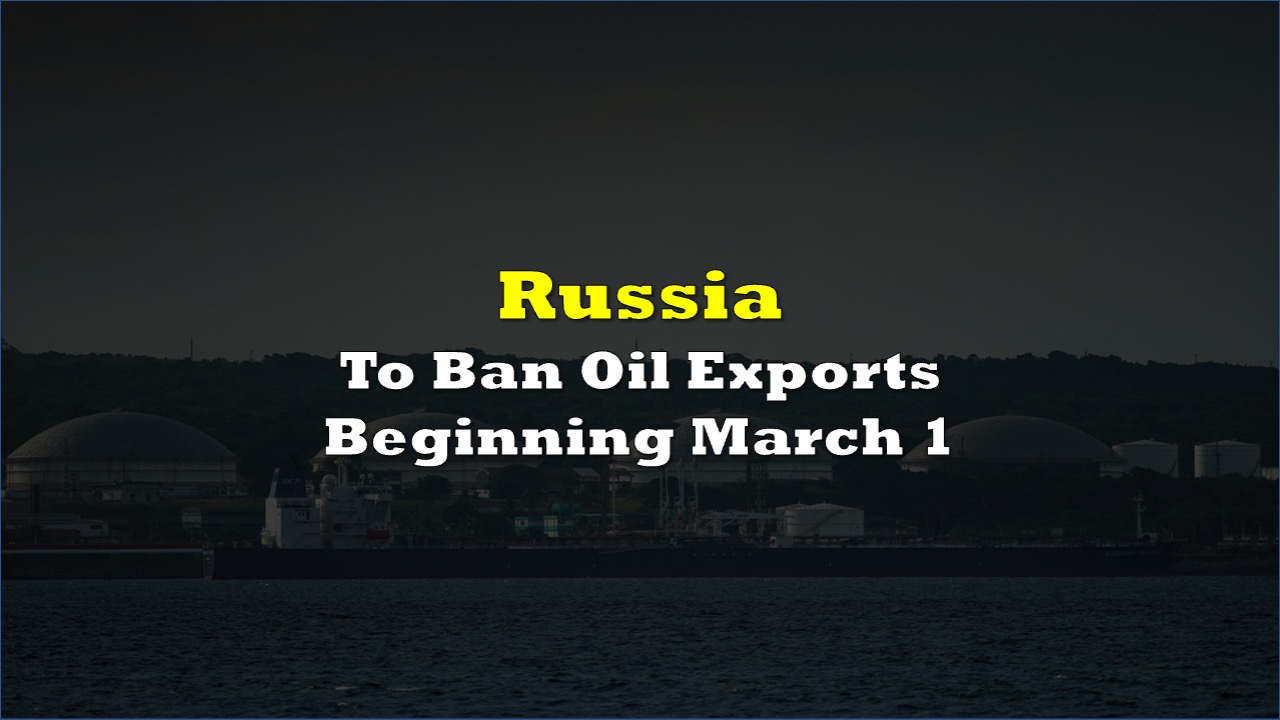Russia will begin a six-month ban on petrol exports starting March 1.
This decision, sanctioned by Prime Minister Mikhail Mishustin, is a response to an anticipated rise in local demand. Confirmed by the state news agency Tass, the embargo echoes a similar measure taken last year to prevent domestic shortages and soaring prices.
The directive to halt petrol exports was recommended by Deputy Prime Minister Alexander Novak, who, in a letter dated February 21, highlighted the impending increase in seasonal fuel demand within the country.
The ban exempts countries within the Eurasian Economic Union (EAEU) — Armenia, Belarus, Kazakhstan, Kyrgyzstan, along with Mongolia, Uzbekistan, and the breakaway Georgian regions of Abkhazia and South Ossetia.
This measure is perceived as an effort by the Kremlin to control rising fuel prices, particularly with the presidential election scheduled for March 15-17. Additionally, the export halt is expected to facilitate necessary maintenance and repairs at refineries, some of which have been targeted amid the ongoing conflict in Ukraine.
The damage inflicted on Russia’s energy infrastructure has previously led to a reduction in petrol exports to countries outside the Commonwealth of Independent States.
Ukraine's strategy to target oil refineries in Russia yields results
— PS01 (@PStyle0ne1) February 27, 2024
The Russian prime minister has decided to ban exports of gasoline products for 6 months starting this week.
No oil exports, no earnings, and the military machinery tutters https://t.co/zChwxhbvdv pic.twitter.com/Q4nLTwiEee
In 2023, Russia produced approximately 43.9 million tonnes of petrol, exporting around 5.76 million tonnes, primarily to African nations and the United Arab Emirates. The country has also committed to a voluntary reduction of oil and fuel exports by 500,000 barrels per day in the first quarter, in alignment with OPEC+ initiatives aimed at bolstering global prices.
Tass issued a follow-up report on Wednesday saying that the measure can be lifted earlier if necessary.
“During this time, if necessary, another decision can be made. If the market is full, [the ban] can be lifted. Therefore, a regulatory decision is made for six months, during which time the situation will be constantly monitored and measures will be taken,” Novak told reporters.
During last fall’s fuel export ban, which also aimed to mitigate the impact of heightened demand during the winter season, restrictions were largely lifted by November. However, the current ban is expected to last significantly longer.
Information for this story was found via Tass, and the sources and companies mentioned. The author has no securities or affiliations related to the organizations discussed. Not a recommendation to buy or sell. Always do additional research and consult a professional before purchasing a security. The author holds no licenses.









